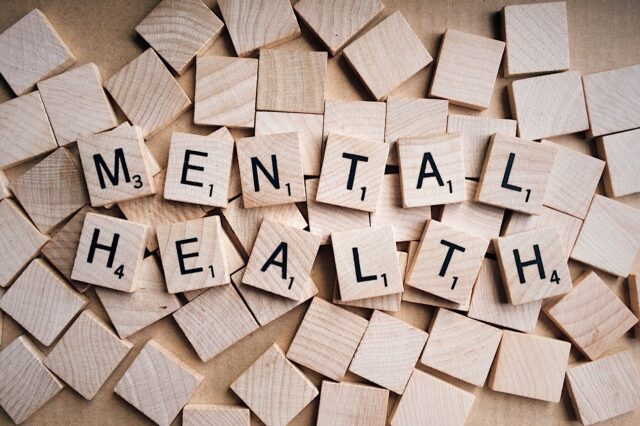In the last article in this series on mental health, we demystified anger. In this article I will discuss one of the most effective tools used for dealing with anger called cognitive behavioural therapy (CBT.) I bring it up because anger management and cognitive behavioural therapy starts with you. Change always starts with self.
According to J.C. Thomas, anger management is a psyche-educational intervention, meaning it creates potential for behavioural change. Behaviour is learned and can be unlearned. An individual learns how to deal with anger in their formative years, by the time they enter their twenties they have mastered how to deal with their anger either in a positive and constructive manner or in a negative and destructive manner. The question you should be asking yourself is, “am I channelling what triggers anger in me into positive or negative behaviour?”
Mental health counselling focuses on thoughts, emotions and the actions of an individual. All these are progressive steps, your thoughts influence how you feel, how you feel influences how you then act. CBT is an effective tool used in dealing with anger issues because it deals with the root cause, which is faulty and irrational thinking patterns.
CBT assists you not to become a victim of your own anger. It is a short term goal-oriented and problem oriented therapy. I believe it is the best tool for anger management as it influences how you think, perceive and behave.
Anger can act as a trigger to alert you when your personal boundaries have been broken. Personal boundaries are relative, meaning what you may consider to be a boundary someone else may not consider it a boundary. One interesting boundary these days is personal phones. Smart phones have become an extension of one’s personality. Most personal phones are a no go area in relationships and marriages. These have become hotspots and breeding ground for triggering anger. One taking and going through someone else’s phone can lead to outbursts of anger as it is a breach of privacy. However, some individuals have no problems sharing phones in their relationships and marriages.

The golden rule is to invest in your key relationships before you seek to make a withdrawal. If you have not deposited something into the emotional bank account, which could be time, trust, honesty, integrity and loyalty. Taking your friend, partner or spouse’s phone without their permission will be detrimental to the relationship. Respect other peoples boundaries. This alone will solve so many anger issues in many homes.
The goal of CBT is to reduce feelings that create anger and learn how to master them. According to Davison, maladaptive beliefs are beliefs that are not only faulty but beliefs that make an individual unable to function. This is whereby an individual actively selects from the environment and interprets it based on their past and present experience. For instance if an individual had a bad experience as a patient at a hospital, they might begin to fear hospitals or medical staff as they associate their terrible experience with the hospital. As a result when anyone talks about a hospital it reminds them of their past traumatic experience. CBT assists in bringing the individual to realise that they can overcome their perspective of the negative experience.
CBT is an effective tool in anger management as it is client centred. It challenges the client’s negative beliefs and substitutes them with more positive and healthy beliefs. The clients takes responsibility for their own thoughts and actions. They become able to express anger in a constructive way and stay in control and not become a victim of their own anger.
In the face of the Covid-19 lockdown there was a skyrocketing of gender based violence, child abuse and suicides. These were in part, results of underlying deep rooted anger issues.
As individuals, let’s strive to live a holistic life and become better versions of ourselves. Let’s take time to look at ourselves and deal with anything that can cause anger to fester in our lives. A good starting point, I always ask myself “Will this matter in the next 10 years?” If not just let it go. Learn to manage your anger in a healthy way and you will be surprised how your life will turn around, the circumstances notwithstanding.

If you would like a copy of my Counselling training manual or Counselling services please get in touch with Counsellor Sandy on +263 774782297. “Today is brighter with a whole you.”
For those interested, the backdrop of this article is learning from my own experience as well as the following books:
Cormier, S and Hackney, H (1993) – The Professional Counselling: A process guide to helping.
Beck, R and Fernandez, E (1998) – Cognitive behaviour therapy in the treatment of anger.
Claringbull, N (2011) – Mental Health in Counselling and Psychotherapy.

Sandra Areka is a professional counsellor with wide experience in working with diverse people and groups of all ages, from children to the elderly. She is also a counselling trainer, a speaker and an event planner.






You article has been very helpful to me Sandra.Kindly send me the counseling manual copy.
Thanking you in advance.
Thank you so much for your interest Prudence. Please contact Sandra on the number provided at the end of the article.